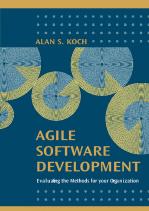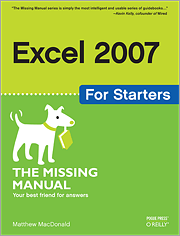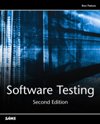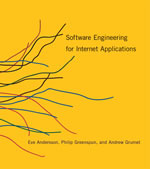作者:Mark Dowd, John McDonald, Justin Schuh
出版日期:November 30, 2006
出版社:Addison Wesley
页数:1200
ISBN:ISBN-10: 0321444426 ISBN-13: 978-0321444424
文件格式:CHM
“There are a number of secure programmingbooks on the market, but none that go as deep as this one. The depthand detail exceeds all books that I know about by an order ofmagnitude.”
—Halvar Flake, CEO and head of research, SABRE Security GmbH
The Definitive Insider’s Guide to Auditing Software Security
This is one of the most detailed, sophisticated, and useful guides to software security auditing ever written.The authors are leading security consultants and researchers who havepersonally uncovered vulnerabilities in applications ranging fromsendmail to Microsoft Exchange, Check Point VPN to Internet Explorer.Drawing on their extraordinary experience, they introduce astart-to-finish methodology for “ripping apart” applications to revealeven the most subtle and well-hidden security flaws.
The Art of Software Security Assessmentcovers the full spectrum of software vulnerabilities in both UNIX/Linuxand Windows environments. It demonstrates how to audit security inapplications of all sizes and functions, including network and Websoftware. Moreover, it teaches using extensive examples of real code drawn from past flaws in many of the industry’s highest-profile applications.
Coverage includes
• Code auditing: theory, practice, proven methodologies, and secrets of the trade
• Bridging the gap between secure software design and post-implementation review
• Performing architectural assessment: design review, threat modeling, and operational review
• Identifying vulnerabilities related to memory management, data types, and malformed data
• UNIX/Linux assessment: privileges, files, and processes
• Windows-specific issues, including objects and the filesystem
• Auditing interprocess communication, synchronization, and state
• Evaluating network software: IP stacks, firewalls, and common application protocols
• Auditing Web applications and technologies
This book is an unprecedented resource foreveryone who must deliver secure software or assure the safety ofexisting software: consultants, security specialists, developers, QAstaff, testers, and administrators alike.
Contents
ABOUT THE AUTHORS xv
PREFACE xvii
ACKNOWLEDGMENTS xxi
I Introduction to Software Security Assessment
1 SOFTWARE VULNERABILITY FUNDAMENTALS 3
2 DESIGN REVIEW 25
3 OPERATIONAL REVIEW 67
4 APPLICATION REVIEW PROCESS 91
II Software Vulnerabilities
5 MEMORY CORRUPTION 167
6 C LANGUAGE ISSUES 203
7 PROGRAM BUILDING BLOCKS 297
8 STRINGS ANDMETACHARACTERS 387
9 UNIX I: PRIVILEGES AND FILES 459
10 UNIX II: PROCESSES 559
11 WINDOWS I: OBJECTS AND THE FILE SYSTEM 625
12 WINDOWS II: INTERPROCESS COMMUNICATION 685
13 SYNCHRONIZATION AND STATE 755
III Software Vulnerabilities in Practice
14 NETWORK PROTOCOLS 829
15 FIREWALLS 891
16 NETWORK APPLICATION PROTOCOLS 921
17 WEB APPLICATIONS 1007
18 WEB TECHNOLOGIES 1083
BIBLIOGRAPHY 1125
INDEX 1129
当前位置: 首页 > 资源下载 > 网络通信安全 > 查看资源







 评论 (0)
评论 (0) 